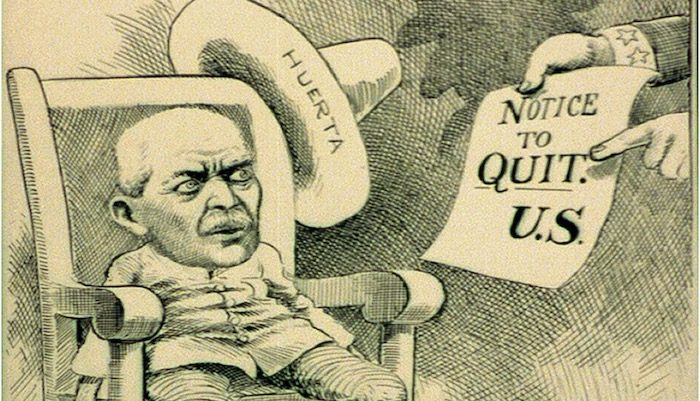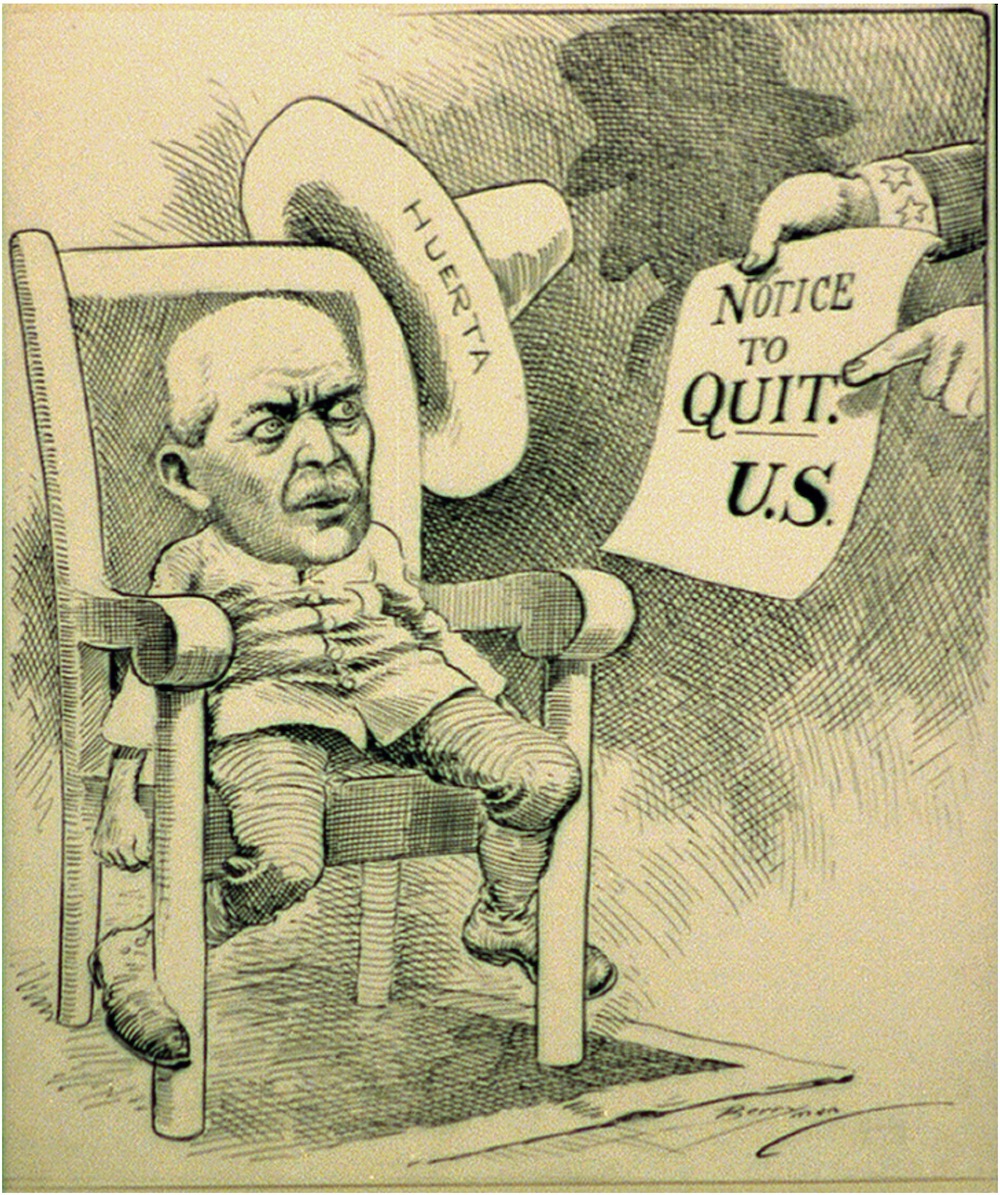
This is adapted from International Relations Theory (2017). Get your free copy of the textbook here.
Liberalism is a defining feature of modern democracy, illustrated by the prevalence of the term ‘liberal democracy’ as a way to describe countries with free and fair elections, rule of law and protected civil liberties. However, liberalism – when discussed within the realm of IR theory – has evolved into a distinct entity of its own. A core argument of liberalism is that concentrations of unaccountable violent power are the fundamental threat to individual liberty and must be restrained. The primary means of restraining power are institutions and norms at both domestic and international level. At the international level institutions and organisations limit the power of states by fostering cooperation and providing a means for imposing costs on states that violate international agreements. Economic institutions are particularly effective at fostering cooperation because of the substantial benefits that can be derived from economic interdependence. Finally, liberal norms add a further limitation on the use of power by shaping our understanding of what types of behaviour are appropriate. Today, it is clear that liberalism is not a ‘utopian’ theory describing a dream world of peace and happiness as it was once accused of being. It provides a consistent rejoinder to realism, firmly rooted in evidence and a deep theoretical tradition.
In the spring of 1914, the United States invaded the Mexican city of Veracruz because of a dispute over the detention of several American sailors in Mexico. However, US–Mexican relations were already troubled because of President Woodrow Wilson’s liberal belief that it was the duty of the United States to bring democracy to Mexico, which was a dictatorship. The initial objectives of the American war plan were to occupy Veracruz and neighbouring Tampico and then blockade the east coast of Mexico until American honour was vindicated – or a regime change occurred in Mexico. After American forces landed in Veracruz, senior military leaders and Wilson’s top diplomatic advisor in Mexico advocated an escalation of the political objectives to include occupation of Mexico City – there were also vocal proponents who advocated the full occupation of Mexico. Wilson did not actually follow any of the advice he received. Instead, he reduced his war aims, halted his forces at Veracruz and withdrew US forces within a few months. Wilson exercised restraint because of American public opposition, his own personal values, unified Mexican hostility and the military losses incurred in the fighting. International opinion also appears to have influenced Wilson’s thinking as anti-Americanism began to sweep through Latin America. As Arthur Link points out, ‘Altogether, it was an unhappy time for a President and a people who claimed the moral leadership of the world’ (Link 1956, 405).
Below: “Notice to quit : U.S.” Clifford Kennedy Berryman. Published in the Washington Star, July 1914. Cartoon Drawings, Prints and Photographs Division, Library of Congress.

By 1919, a pro-interventionist coalition developed in the United States built on frustration with President Wilson’s prior restraint and new fears over the Mexican Constitution of 1917, which gave the Mexican people ownership of all subsoil resources. This potentially endangered foreign ownership of mines and oilfields in Mexico. Interventionists wanted to turn Mexico into an American protectorate – or at least seize the Mexican oil fields. This coalition moved the country toward intervention while Wilson was distracted by peace negotiations in Europe and then bedridden by a stroke. The path to intervention was blocked only after Wilson recovered sufficiently to regain command of the policy agenda and sever the ties between the interventionists. Wilson had two main reasons for avoiding the more belligerent policy path. First, he saw the Houses of Congress (with the support of some members of the executive branch) attempting to determine the foreign policy of the United States, which Wilson viewed as unconstitutional. In the American system, the president has the authority to conduct foreign policy. His assertion of authority over foreign policy with Mexico was therefore a clear attempt to check the power of Congress in policymaking. Second, Wilson was determined to maintain a policy consistent with the norm of anti-imperialism, but also the norm of self-determination – the process by which a country determines its own statehood and chooses its own form of government. Both of these norms remain bedrocks of liberal theory today.
Explaining liberalism
Textual resource: Woodrow Wilson’s Fourteen Points
US relations with Mexico in this case show how institutional and normative domestic structures restrained the use of violent power. These institutional restraints can break down if the political culture of a society does not include a strong dose of liberal norms. For example, anti-statism (a belief that the power of the government should be limited) and anti-imperialism (a belief that conquest of foreign peoples is wrong) are liberal norms. A society infused by liberal norms has an added level of restraint above and beyond the purely institutional limitations on state power. A liberal citizenry will naturally oppose government actions that threaten individual liberty and choose representatives that will act on liberal preferences. The institutional separation of powers in the United States allowed Wilson to block the interventionist efforts of Congress and others. The liberal norm of anti-imperialism restrained American expansion through the mechanisms of public opinion and the personal values of the president of the United States. Institutions and norms worked symbiotically. International opinion put additional pressure on American political leaders due to increasing trade opportunities with Latin American countries throughout the early 1900s. Precisely as liberal theory details, the absolute gains and opportunities offered by trade, together with preferences for self-determination and non-interference, acted as a restraint on US expansionism toward Mexico in this most imperial of periods in world history.
Further Reading on E-International Relations
- Student Feature – Spotlight on Liberal Internationalism
- Student Feature – Theory in Action: Towards a Global IR?
- Liberalism
- Student Feature – Theory in Action: The English School and the EU
- Student Feature – Theory in Action: Queer Theory and Sexual Equality
- Student Feature – Theory in Action: Green Theory and Climate Change